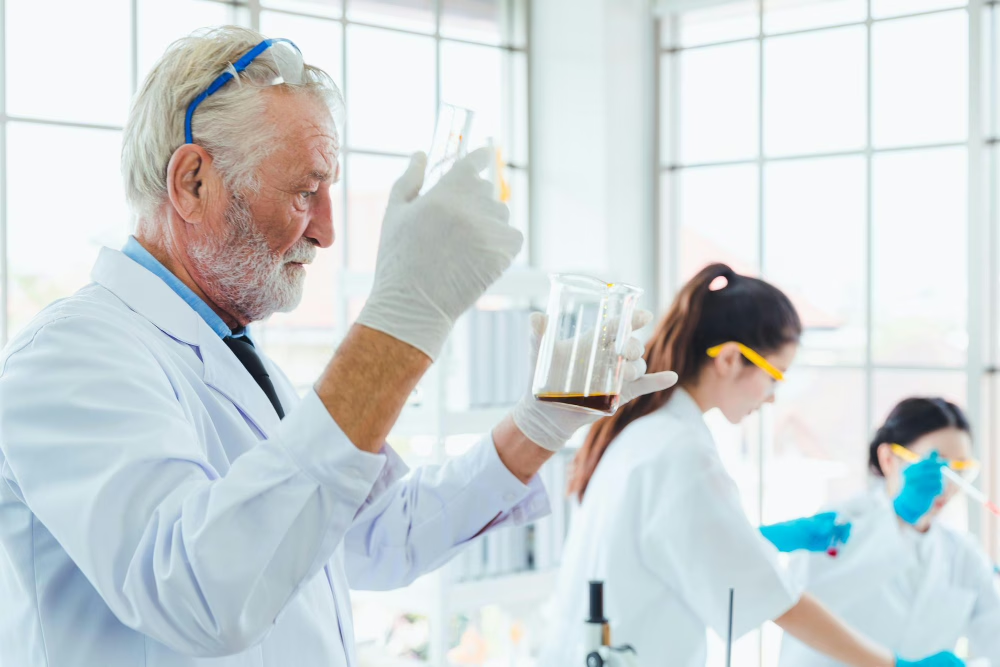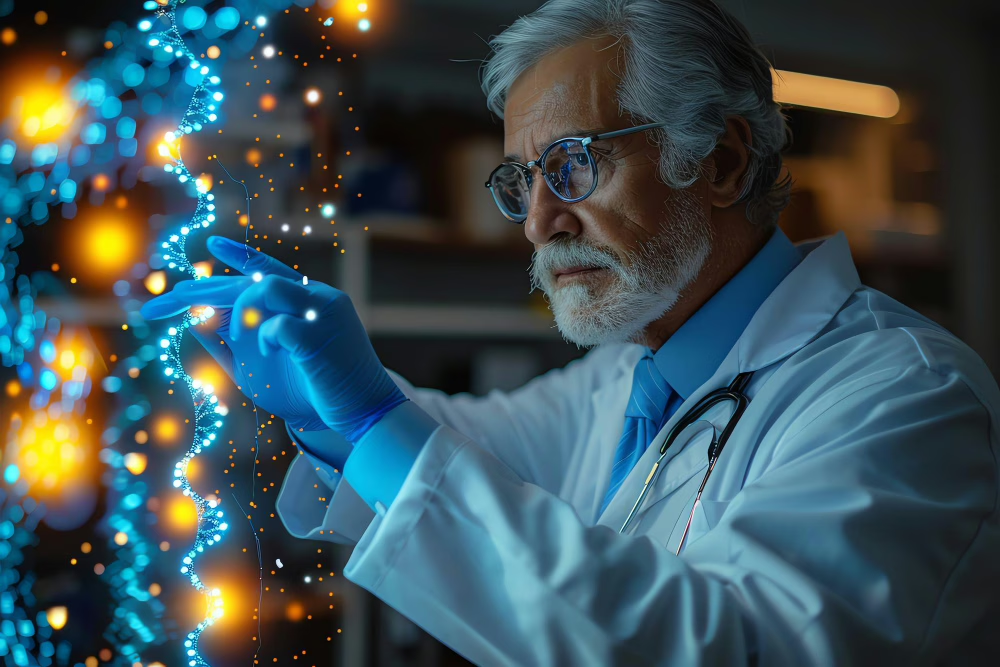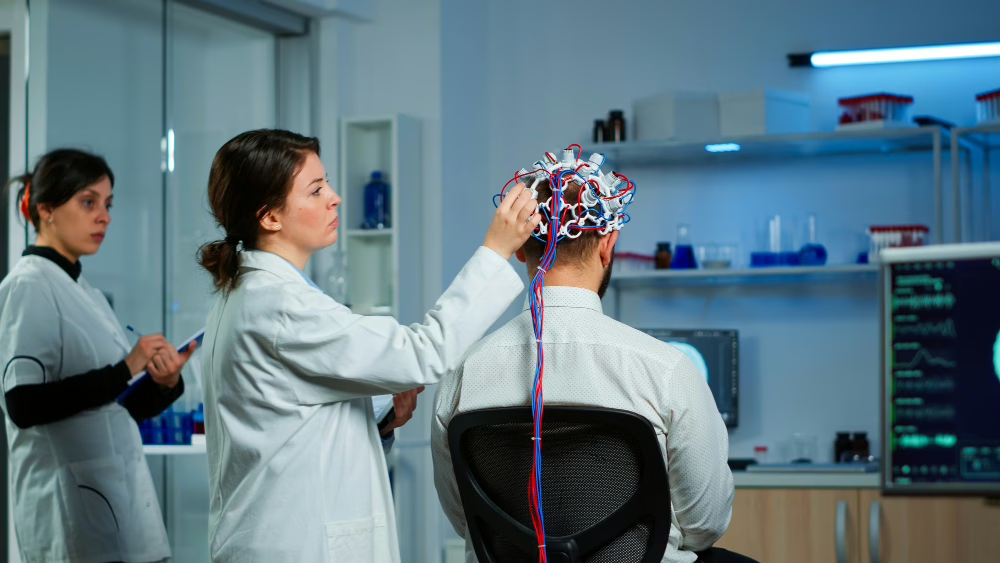
From Lab to Life: Real Stories of Parkinson’s Patients Embracing Stem Cell Therapy
Introduction While clinical data is important, nothing speaks louder than the real-life stories of those battling Parkinson’s. Stem cell therapy
Cellvedas | India’s Trusted Destination for Regenerative Cell Therapy & Ayurvedic Healing
Transplantation of dopamine-producing neurons derived from regenerative cells in animal models has led to significant improvements in motor functions.
Human clinical trials are underway to assess the safety and efficacy of regenerative cell-derived therapies for Parkinson’s disease.
Aims to address the root cause by replacing lost neurons.
May slow or halt disease progression.
Potential reduction in symptoms leading to enhanced daily functioning.
Not yet a standard treatment; available primarily through clinical trials.
Includes immune rejection, tumor formation, and other unforeseen complications .

No, Regenerative cell therapy is not a complete cure. However, it may significantly reduce symptoms and improve motor functions by restoring or replacing damaged dopamine-producing neurons.
Cells—particularly mesenchymal stem cells or induced pluripotent cells—are used to generate dopamine-producing neurons, which are then transplanted to the brain to help restore neurological functions.
Currently, cell therapy is considered experimental. Some clinical trials have shown safety and promising early outcomes, but long-term efficacy is still under investigation. It should be done in certified, regulated medical centers only.
Ideal candidates are typically in the early to mid-stages of Parkinson’s disease, with stable overall health. Final eligibility depends on neurological evaluations and treatment center protocols.
Some patients report noticeable changes within 1–6 months post-treatment, such as better movement control, reduced tremors, and improved daily activity. Results vary per individual.
The average cost ranges from ₹3.5 lakhs to ₹7 lakhs, depending on the clinic, source of cells, number of sessions, and additional therapies required.
Potential risks include immune reactions, infections, or abnormal cell growth. When done under proper clinical guidelines, cell therapy is generally safe with minimal side effects.
Several reputed regenerative medicine centers and hospitals in cities like Delhi, Mumbai, Bangalore, and Pune offer clinical-grade cell therapy under approved programs or trials.


Introduction While clinical data is important, nothing speaks louder than the real-life stories of those battling Parkinson’s. Stem cell therapy

Introduction Parkinson’s disease slowly robs individuals of their control over movement and independence. Today, groundbreaking research into stem cell therapy

Introduction Parkinson’s disease is a life-altering neurological disorder that impacts millions worldwide. Traditional treatments primarily focus on symptom management, often